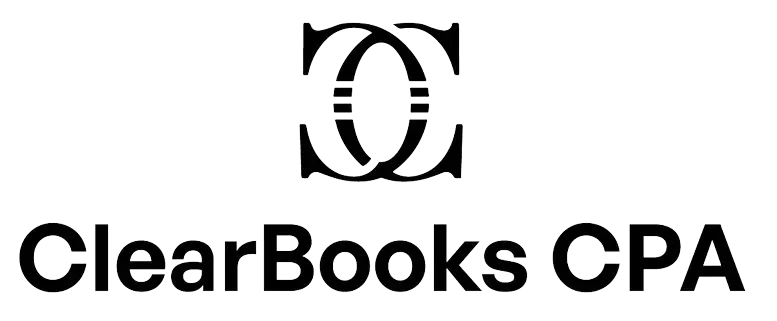Accounting for startups that move fast and think big.
Whether you're a SaaS startup in San Francisco, a biotech venture in Palo Alto, or a solo founder in Venice Beach, ClearBooks CPA provides accounting and tax strategies tailored to your growth stage and business model.
From pre-seed to Series B, we help founders build financial systems that scale.
Your startup is unique—your accounting should be too.
From managing burn rates to preparing for investor due diligence, we offer solutions that align with your startup's trajectory.
Track income from diverse revenue streams
Manage expenses and cash flow effectively
Stay ahead of tax obligations and compliance
Organize financial records for fundraising readiness
Strategic accounting for startups poised for growth.
We assist startups in transitioning from basic bookkeeping to comprehensive financial planning. This includes guidance on entity structuring, tax planning, and financial forecasting to support your growth objectives.
Entity setup and structuring advice
Tax planning and optimization
Financial modeling and forecasting
Integration with financial tools and platforms

Navigating complex tax landscapes with confidence.
Understand and manage your startup taxes across states and borders.
Startups often face multifaceted tax scenarios, from multi-state operations to international transactions. We provide clarity and compliance strategies tailored to your specific circumstances.
Multi-state tax compliance
International tax considerations
Sales tax registration and compliance
Frequently Asked Questions
-
Do startups need to file taxes even if they're not profitable?
Yes. Even if your startup isn't generating profits, you're still required to file federal and state tax returns. Additionally, certain activities, like issuing stock or hiring employees, may trigger specific filing requirements.
-
What's the best accounting method for a startup: cash or accrual?
It depends on your business model and goals. Cash accounting is simpler and tracks income when received and expenses when paid. Accrual accounting provides a more accurate financial picture by recording income and expenses when they're earned or incurred, which is often preferred by investors.
-
How can I prepare my financials for a funding round?
Ensure your financial statements are up-to-date and accurate. This includes a clear income statement, balance sheet, and cash flow statement. It's also beneficial to have a financial model that projects future performance based on realistic assumptions.
-
What are common tax deductions available to startups?
Startups can often deduct expenses like research and development costs, employee salaries, office rent, and certain startup costs. It's important to maintain detailed records and consult with a CPA to maximize your deductions.
-
When should a startup consider hiring a CPA?
Engaging a CPA early can help establish sound financial practices, ensure compliance, and provide strategic advice as your startup grows. It's especially beneficial before major events like funding rounds, significant hiring, or entering new markets.




